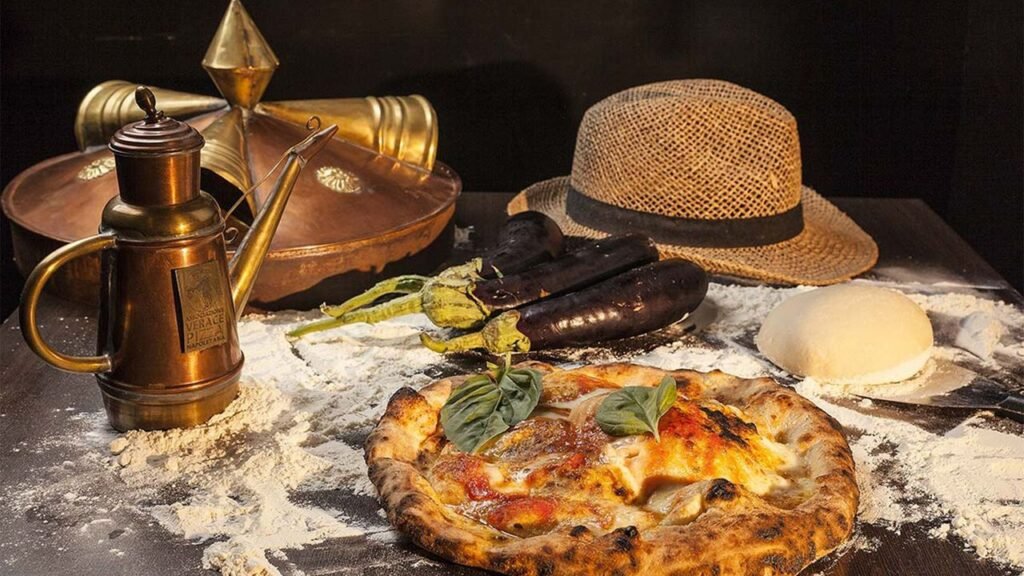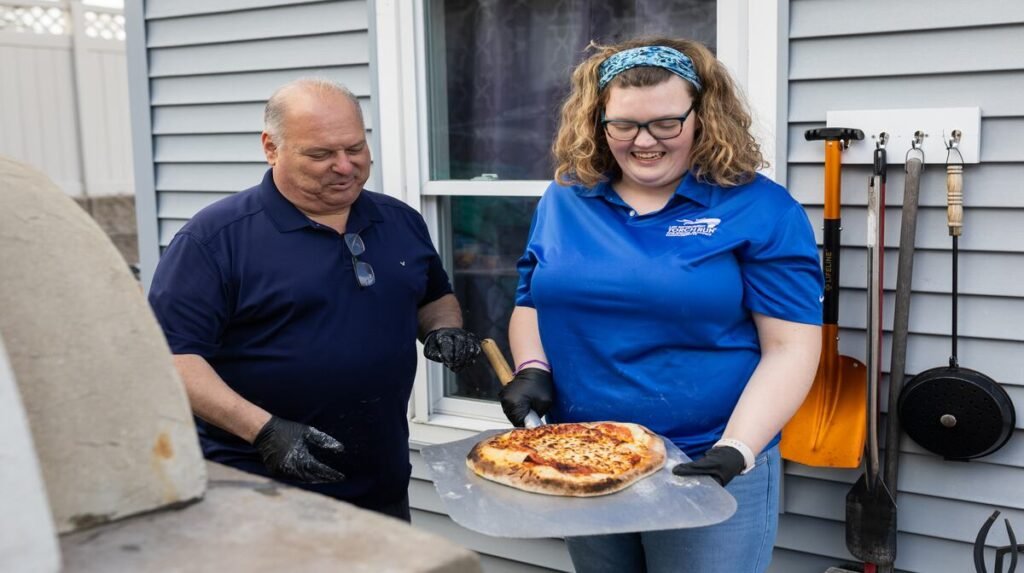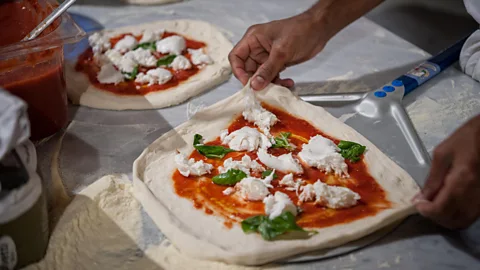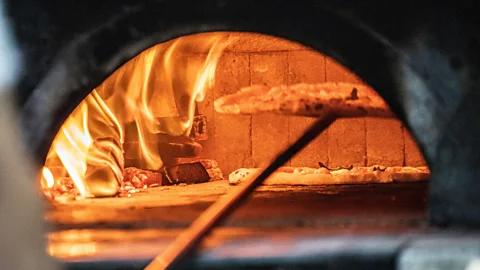Italy’s Undercover Pizza Detectives Warn of Global Dilution

Italy’s undercover pizza detectives are on high alert as the global spread of commercialized pizza threatens the nation’s traditional culinary standards. These guardians of Neapolitan pizza are working behind the scenes to preserve the dish’s true identity.
How Italy’s Undercover Pizza Detectives Enforce AVPN Rules
At the heart of this mission is the Associazione Verace Pizza Napoletana (AVPN)—the True Neapolitan Pizza Association. Established in 1984 in Naples, the AVPN exists to uphold the strict rules and traditions that define real Neapolitan pizza. From the type of flour used to the exact temperature of wood-fired ovens, their standards are precise, unwavering, and backed by tradition.

This isn’t just a cooking school. It’s a global institution, attracting aspiring pizzaioli from all corners of the world—from Canada to South Korea—who come to train, test, and hopefully carry the AVPN’s sacred knowledge back home.
Inside the Mission of Italy’s Undercover Pizza Detectives
The AVPN has defined what counts as authentic Neapolitan pizza:
- Only two accepted varieties (Margherita and Marinara)
- No rolling pins allowed
- A crust (cornicione) that’s soft, elastic, and no taller than 2 cm
- Strict cook time of under 90 seconds
- Eaten within 10 minutes of leaving the oven
This is not flexible. Deviate from the formula, and the AVPN won’t hesitate to deny accreditation—or revoke it.
The Secret World of Pizza Espionage
To ensure standards are upheld globally, the AVPN has something many food organizations do not: undercover pizza inspectors. These agents, operating like culinary spies, travel anonymously to accredited pizzerias across the globe, sampling pies and checking for compliance. Italy’s undercover pizza detectives.

If a restaurant fails to meet the requirements, its name is struck off the registry. In one famous case, a restaurant in Japan was stripped of its AVPN status—and officials flew to Osaka to physically remove the certificate from its walls.
A Pizza Test Like No Other
The road to becoming a certified Neapolitan pizza chef is no casual stroll. Trainees endure a 9-day intensive course where they may bake over 40 pizzas a day, studying everything from yeast hydration to the angle at which dough is slid into the oven. The final exam? Make a perfect Margherita, under pressure, under the eyes of Naples’ master pizzaioli.
And that’s just the beginning. Once back home, chefs must uphold the AVPN’s rigorous standards every day to keep their pizzerias in the club.
Why Pizza Purity Matters
According to AVPN leaders and food historians, this isn’t just about flavor. It’s about preserving the soul of Naples—a city whose cultural identity is inseparable from its culinary traditions. Much like wine from Champagne or cheese from Parma, Neapolitan pizza is a product of place and history. Despite its reputation for tradition, the AVPN isn’t entirely rigid. In recent years, the group has acknowledged shifts in baking technology and global taste. For example, in 2013, it controversially allowed electric ovens in certified kitchens. And while pineapple still sparks outrage among purists, AVPN examiners themselves are experimenting with new toppings in Naples, sparking lively debates over how far innovation can go.

Maintaining these standards doesn’t stifle creativity—it elevates the product. And in the words of one AVPN official, “Pizza napoletana is not necessarily the best. But it’s the pizza with the deepest roots.”
A Living Tradition, Not a Frozen Recipe
Despite its reputation for tradition, the AVPN isn’t entirely rigid. In recent years, the group has acknowledged shifts in baking technology and global taste. For example, in 2013, it controversially allowed electric ovens in certified kitchens. And while pineapple still sparks outrage among purists, AVPN examiners themselves are experimenting with new toppings in Naples, sparking lively debates over how far innovation can go. Despite its reputation for tradition, the AVPN isn’t entirely rigid. In recent years, the group has acknowledged shifts in baking technology and global taste. For example, in 2013, it controversially allowed electric ovens in certified kitchens. And while pineapple still sparks outrage among purists, AVPN examiners themselves are experimenting with new toppings in Naples, sparking lively debates over how far innovation can go.
Pizza With a Passport
From Naples to New York, Tokyo to Toronto, Italy’s pizza authenticity detectives are shaping the way the world sees—and eats—Neapolitan pizza. Through secret inspections, strict certifications, and global training programs, they’re not just defending a food. They’re preserving an art form. Italy pizza authenticity detectives.

So next time you bite into a pie and see that AVPN seal, know this: you’re tasting a slice of history, protected by some of the most passionate food guardians on Earth.




